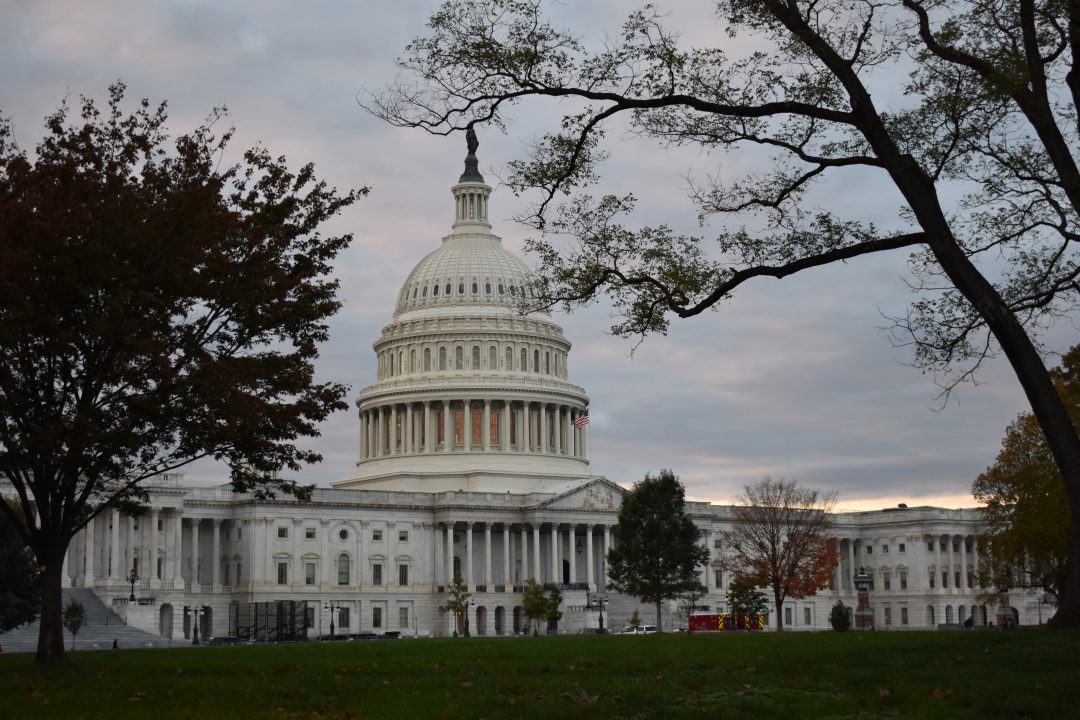
Matt Lindsay is a senior journalism major.
On March 31, New York Gov. Andrew Cuomo signed legislation legalizing the use of recreational marijuana for adults in New York State.
While medicinal marijuana has been legal in the state since July 2014, the new bill’s passage coincides with Earth Day, giving the term “tree-hugger” a whole new definition.
While I have never used marijuana, I fully support the legalization of it for several reasons. I now feel better about hanging out with my weed-smoking friends. A typical summer night before COVID-19 consisted of my friends smoking in the woods as I waited in the car to drive them around.
Although I miss those nights, I don’t miss the anxiety of possibly being pulled over while my friends were high. I won’t be paranoid once we can get together again. I’ve wanted to try marijuana for a long time just to see what it’s like, and when I turn 21 later this year, I’ll feel comfortable doing so (sorry mom!). It’s just a plant, after all.
Aside from my personal reasons for why marijuana should be legal, there are even greater stakes that benefit the country. But before I go into the pros of its legalization, I want to address some common opposing arguments.
A 2015 Pew Research survey compiled arguments for and against the legalization of marijuana, in which 44% of people thought it should be illegal.
A common argument against recreational marijuana is that it impairs decision-making and motor skills. While this is true, we can say the same for alcohol, which is also notorious for causing long-term liver and heart problems. If marijuana should be illegal, then why shouldn’t alcohol?
Another argument is that marijuana is a gateway drug — a habit-forming drug that could lead to the use of other, more addictive drugs. While there are some studies that support this idea, most marijuana users don’t end up using harder drugs.
Because of the negative effects marijuana can have on children, some parents believe it should be illegal. Regardless if marijuana is legal, teens will get their hands on it. When I first saw someone smoking pot, I was in eighth grade, and it only grew in popularity among my peers during high school.
In the Pew Research survey, 49% of people said they had tried marijuana; recreational marijuana was only legal in Colorado and Washington at the time of the survey.
In fact, legal weed could be safer to use because it is approved for use by a regulated dispensary, whereas marijuana purchased from a drug dealer could be laced with more dangerous drugs.
To elaborate on my point above, legalizing a substance that causes fewer long-term problems than alcohol and tobacco will also provide economic benefits.
While the U.S. has been recovering from the highest unemployment rate since World War II as a result of the coronavirus pandemic, New York is the farthest away from its pre-pandemic economy than any of the 50 states.
Retail sales of recreational marijuana aren’t expected to begin until mid-to-late 2022, so it won’t immediately improve New York’s economy, but it will help the state prosper for years to come.
New York’s proposal estimates the marijuana industry to create between 30,000 and 60,000 jobs. California passed recreational marijuana legislation in November 2016 and had created about 48,000 direct jobs and 67,000 total jobs in the legal cannabis industry by 2018.
The New York Times estimates that New York’s marijuana industry could be worth $4.2 billion and become the largest cannabis market in the country. Recreational marijuana sales are estimated to generate $350 million in annual tax revenue in New York, with that number increasing annually.
In 2020, Colorado brought in over $387 million in marijuana tax revenue compared to only $67 million in 2014. Marijuana has already brought in over $69 million in the first two months of 2021, putting Colorado on track to see over $418 million in tax revenue this year. Washington has seen similar growth, as its 2015 revenue of $65 million grew to $395 million in 2019.
In Cuomo’s budget proposal, he announced that 40% of marijuana tax revenue would go to a social equity fund, 40% to education and 20% for drug treatment and education.
In addition to the tax revenue distribution to fight social injustice, legalizing weed will help combat racial disparities in marijuana-related arrests. A 2017 study showed that 86% of people who faced marijuana charges in New York City from 2014 to 2016 were Black or Latino, while marijuana use was more prevalent among white people ages 18-25 than it was among people of color.
According to the report, in areas like Manhattan’s Upper West Side, where people of color make up just 12% of the population, they accounted for 80% of marijuana possession arrests in 2016.
With marijuana legalized, we should see a significant decrease in the possession arrests that have targeted people of color for decades; people who have been convicted of marijuana possession charges that are now legal will also have their criminal records expunged.
With Earth Day in mind, legalizing marijuana could also be more beneficial for the environment. Illegal marijuana in the U.S. is typically grown in dark warehouses or deep in national forests to keep the operation hidden. In warehouses, the plants are supplemented with grow lights that consume vast amounts of energy.
Marijuana plots in forests, called trespass grows, use about 9 billion gallons of water per year. Growers also coat their plants with illegal pesticides that kill birds, fish and mammals.
When police officers or federal agents discover illegal marijuana, they typically spray the plants with herbicides before burning them. Burning the herbicides releases them into the environment, where they can harm plants and animals.
Legalizing marijuana will reduce the need for these harmful chemicals, as law enforcement will have less illegal weed to destroy.
A 2019 study showed that the number of trespass grows decreased in Oregon forests after the state legalized marijuana.
Regulating cannabis production can also promote more eco-friendly farming practices. In 2015, Boulder County introduced laws requiring licensed growers to use only 100% renewable energy.
While growing marijuana consumes a lot of water and energy, supervised cultivation procedures are better for the environment than illegal methods.
However, as we move past years of ineffective lobbying and criticism of a plant, there is an aspect of its legalization that needs to be celebrated.
If you want to light up some of Mother Nature’s more potent grass to celebrate Earth Day, you can now do so without fear.
























